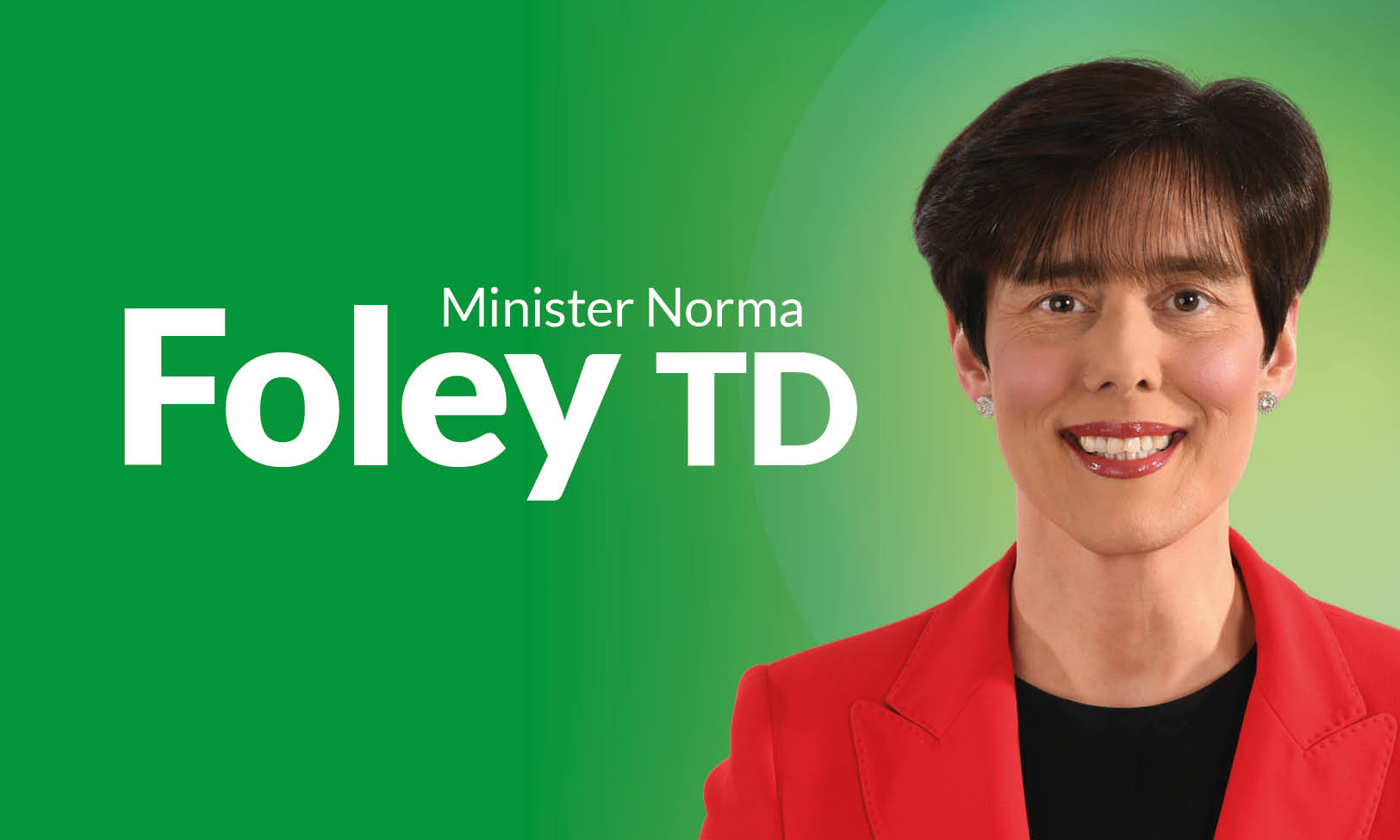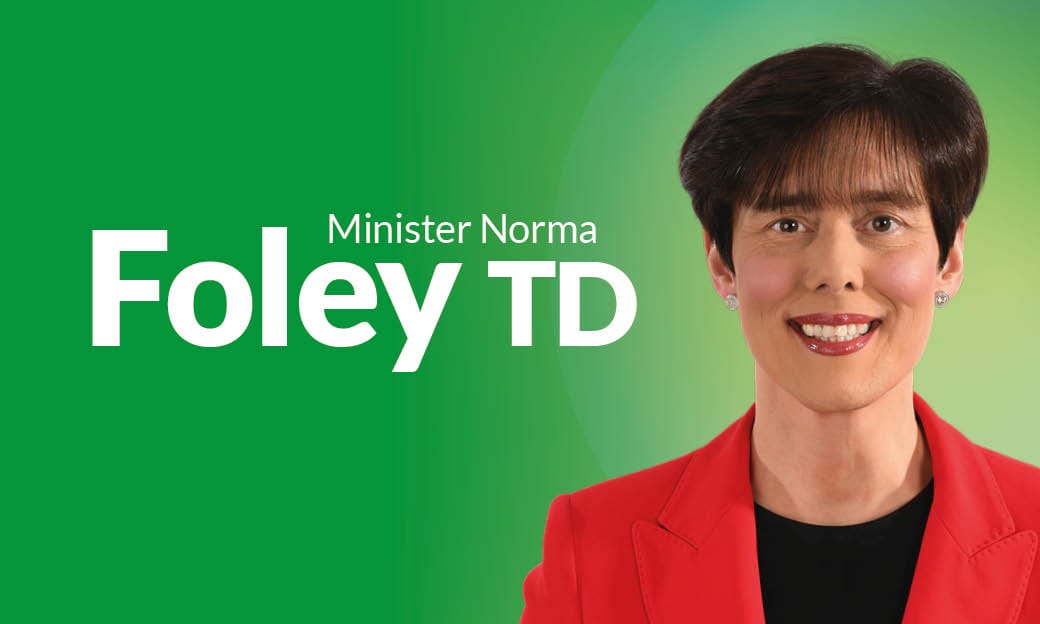Ministers Foley announces establishment of scheme to provide Irish Sign Language Support for children whose primary language is Irish Sign Language (ISL) and who are attending recognised schools
Published on: 03 March 2022
Minister for Education Norma Foley TD today (Wednesday 2 March) announced details of a new scheme for the provision of Irish Sign Language (ISL) in-school support for students who are Deaf and whose primary means of communication is ISL.
The new scheme will involve two key strands of support:
· Programme of intensive in-school support for individual students to enable them access teaching and learning and participate in school life
· Programme of training and support to build capacity among the school community including teachers, special needs assistants, other school staff and pupils on communication using Irish Sign Language
The new scheme is targeted at children and young people attending primary, special and post-primary school who were born without an auditory nerve or due to infection, disease, trauma, failed technology intervention (for example cochlear implants), their auditory nerve has ceased to function completely and whose primary means of communication is using Irish Sign Language.
Under the scheme, a package of dedicated specialist ISL supports will be allocated to relevant schools so these students have a more inclusive school experience.
Minister Foley said: “My Department’s vision is that we have an education system where every child and young person feels valued and is actively supported and nurtured to reach their full potential. The aim of the new scheme is to help children and young people who communicate primarily through ISL to realise their potential and achieve good education and life outcomes. Specialised supports are needed by these students who have no access to sound and depend on ISL as their primary means of communication.
“I am delighted that we are addressing this issue in a way that will make a real difference to their lives and those of their families. The new scheme also meets a requirement of the Irish Sign Language Act 2017, which is an important piece of legislation that supports our citizens in accessing services through their chosen medium of communication.”
The establishment of the new scheme follows the commencement of the Irish Sign Language Act 2017 on 23 December 2020. Section 5 of the Act outlines a number of requirements in relation to education including the establishment of this scheme.
In developing the new scheme, the Ministers recognise that the primary educator in a school is the class teacher, who is qualified and registered with the Teaching Council.
The new roles will support the work of the class teachers and complement other teaching support and care support provided for the targeted students.
The deployment of the new supports is consistent with a key principle underpinning Department policy on the allocation of supports to students with special educational needs that the child with the greatest level of need should receive the greatest level of support.
Under the scheme, two new posts are being created, an ISL – Specialist Classroom Support and an Advisor Deaf/Hard of Hearing (ISL).
The role of the ISL – Specialist Classroom Support is to consistently convey the spirit and content of the communication occurring in the classroom and enhance active engagement with learning and participation in school life by the student.
The focus of the new Advisor Deaf/Hard of Hearing, (ISL) role will be to build capacity in ISL across the school community including teachers, SNAs, other school staff and students.
It will be a key requirement of the scheme that only candidates who are appropriately qualified and fluent in Irish Sign Language will be appointed to these new roles.
A competitive salary scale will be offered to ensure the posts are sufficiently attractive to persons with the relevant skills and qualifications. A robust recruitment process will also be put in place.
The National Council for Special Education (NCSE) will be responsible for the delivery of the new supports under the scheme. Schools that identify students with a need for specialised ISL support will be invited to submit an application to the NCSE.
The proposals and the operation of the scheme will be discussed with education stakeholders in the coming weeks with a view to finalising the scheme as soon as possible so that it is in place in time for the commencement of the next school year.

